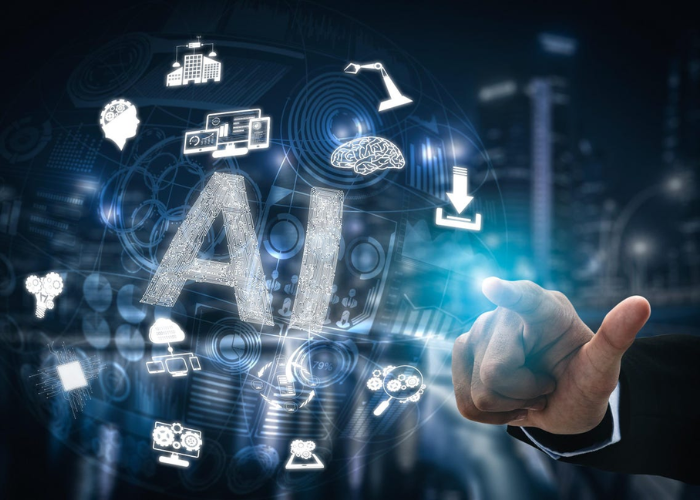The idea of Artificial Intelligence (AI) has been around for decades, but in the last few years, advances in computing technology have made it possible for machines to do things that were once thought impossible. AI is the science of creating intelligent machines that can think, learn, and act independently. As AI technology continues to evolve and become increasingly sophisticated, it is becoming more and more integrated into our everyday lives. AI promises to revolutionize the way we live, work, and play, and its impact on society is likely to be profound.
What is Artificial Intelligence?
At its most basic level, AI is a branch of computer science that focuses on creating machines that can think, learn, and act like humans. AI systems are designed to be able to solve complex problems, recognize patterns, and make decisions in an autonomous manner. AI systems can range from simple algorithms that can detect patterns and make decisions based on those patterns, to sophisticated neural networks that can learn from their environment and adapt to changing conditions. AI technology is used in a variety of applications, from healthcare and finance to autonomous vehicles and robotics.
The Benefits of Artificial Intelligence
AI technology has the potential to revolutionize the way we live, work, and play. AI-powered systems can automate mundane tasks, freeing up time for us to focus on more important things. AI can also help us make more informed decisions by providing insights into complex data sets and can help us identify trends and patterns that are otherwise difficult to see. AI can also provide greater access to healthcare and education, and enable us to monitor and manage our environment more effectively.
Potential Ethical Challenges of Artificial Intelligence
As with all technology, there are potential ethical challenges associated with AI. One of the most pressing issues is the risk of bias in AI systems. If AI systems are not properly trained and tested, they can make decisions that are unfair or discriminatory. Additionally, AI systems can be easily manipulated, which can lead to them making decisions that are in favor of certain groups of people or against certain groups of people. As AI technology becomes more advanced and more widely adopted, it is important to recognize potential ethical issues and develop strategies to mitigate them.
Strategies to Address Ethical Issues in Artificial Intelligence
In order to ensure that AI technology is used ethically, it is important to develop and implement strategies to address potential ethical issues. One of the most effective strategies is to use “explainable” AI, which is AI that can explain the decisions it makes and how it arrived at those decisions. This makes it easier to identify potential biases or unethical behavior in AI systems. Additionally, it is important to ensure that AI systems are regularly tested and monitored to ensure that they are not making decisions that are unfair or discriminatory.
Conclusion
The potential of Artificial Intelligence is immense, and its impact on society is likely to be profound. However, it is important to recognize the potential ethical challenges associated with AI and to develop strategies to address them. By using “explainable” AI, regularly testing and monitoring AI systems, and ensuring that they are not making biased or unethical decisions, we can ensure that AI technology is used ethically and responsibly.






